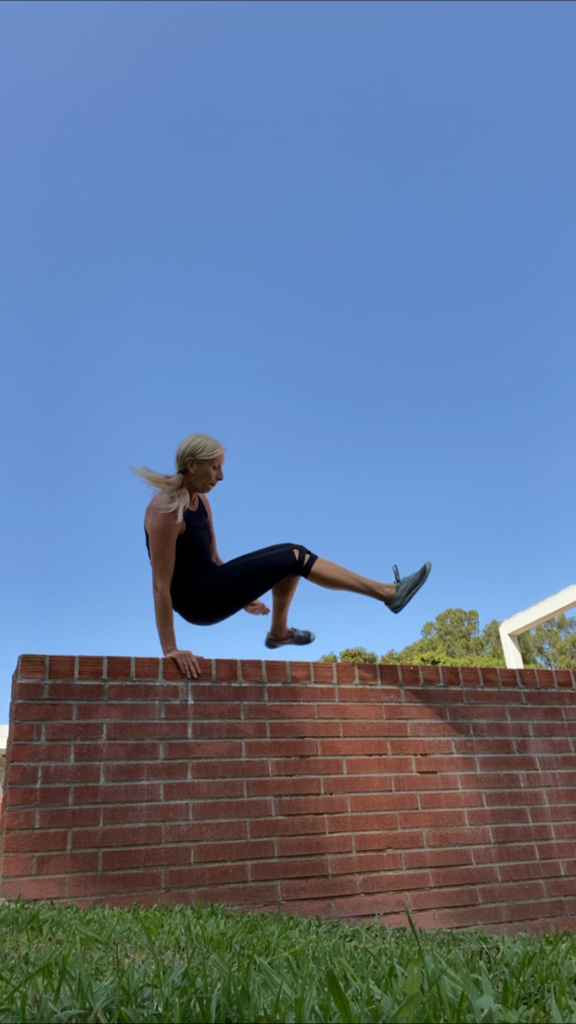In order for us to better control our stress levels, we must first understand where it comes from, and why it’s there in the first place. Oftentimes we view stress from a singular lens, so when that unwanted cortisol starts to creep in we tell our bodies “this needs to go!” Once we begin to understand the root of our stress, it allows us to use it to our advantage, and mitigate the negative impacts it can have on our health.
Stress occurs when the demands placed on the body outweigh what it can comfortably handle. We all have two different branches of the nervous system, ‘rest and digest’ and the ‘fight or flight response.’
Rest and digest is our body’s natural state. Whether you’re relaxing in nature, taking a warm bath or cuddling a loved one, this response keeps our bodies at peace. The onset of possible trauma or threats is what triggers our fight or flight response. We’ve all had a moment in life, some of us more than others, where we’ve experienced this. Sometimes it can sneak in and stay for a while, leaving us feeling like we can’t catch a break.

“To be totally without stress is to be dead.” Hans Selye
You know that gut-wrenching feeling when you’re about to be pulled over by the police, or even the over-caffeinated jitters that send you anxiously spiraling? Our body seeks control in these situations by releasing adrenaline and cortisol, as we shift into the fight or flight stress state. Rest and digest is our natural state of feeling comfortable and safe. When things become too much to handle, the autonomous switch to fight or flight occurs. Suddenly we can feel anxious, upset, and overall out of control.


Human stress responses can be traced back to the neolithic period, tribalism and fight or flight were the cornerstone of our survival mechanisms. The response was meant to be present for a short period of time. If you were fending off a lion or threatened by another tribe, this response helped you mobilize your body so that you could live to see another day.
The modern-day dilemma is just that, fight or flight is meant to be short-lived. Once you are safe, you’re supposed to shift back into rest and digest mode. Today we’ve become desensitized to this shift. Many of us live in a constant state of fight or flight without even knowing it. As a result, we end up running around doing and doing, without ever escaping our stress state.
Our body can’t tell the difference between external and internal stress. So whether you really are being chased by a lion, or just mentally spiraling on your endless to-do list, this response activates the body all the same. You could be sitting at your desk writing emails, and carrying the stress of life and death on your back. Biochemistry is real.
“Learn to read symptoms not only as problems to be overcome but as messages to be heeded.”
― Gabor Maté,
When we’re faced with prolonged fight or flight response periods, most of our other priorities get neglected. Let’s go back to the lion analogy, if your life was in danger simple acts of self-care like eating, using the bathroom, and rest would be the last thing on your mind. When our bodies are neglected, we don’t have the proper time and energy to heal effectively. The same thing goes for us today, we’re dealing with a multitude of stressors, only further inflated by the age of COVID. It is more important than ever to take control of our stress. When we let our fight or flight response run rampant it’s hard for our bodies to heal and serve us correctly. As a result, the immune system takes a hit. Our digestion shuts down so our ability to absorb and retain the nutrients that encourage healing becomes slim to none. Our overall feeling of wellbeing can deplete, leaving us fatigued, anxious, and generally out of whack.
“Adopting the right attitude can convert a negative stress into a positive one.” Hans Selye
While this can feel overwhelming, human beings are immensely adaptable. You can take control of your stress by building a toolbox of tricks that pull you out of fight or flight mode. This can have a major impact on how you feel, and raise the potential of what you can do in everyday life.


All this being said, stress is a heavily subjective experience. For every individual, it is induced and experienced differently. For example, say Jared is flying cross country with his son, and this creates a heavy stress response for him. For you, it could be a stress-free experience, relaxing even. Stress is unique, as it stems from what we can and can’t handle as individuals. Not everyone is the same, and it is important that you align with what triggers your stress.
Once you understand the boundaries of what you can and can’t handle, it’s easier to prepare and control your responses and handle them productively. Some days I can only handle a couple of things on my plate before I start feeling overwhelmed. On the other hand, other people can handle seven or eight things and still be ready to take on more. So again, everyone is different. Try to reflect and tap into what these boundaries look like for you.
My main advice:
Slow down and create awareness.
Moving into the busy holiday season, you want to be able to put your best foot forward. You’ve got holidays, and Christmas shopping to look forward to, and some of us are still in lockdown at the moment. That being said, it’s inevitably going to be stressful at times. I want you to prioritize slowing down, and getting in touch with your awareness. When we are stuck in go, go, go mode, we miss the signals our body is trying to send us about how we’re feeling. Tap into this awareness so when you are feeling stressed, you can notice what triggers you. This way you can eliminate, decrease, or at least handle these stressful moments with a bit of armor that gives you control over your stress, and not the other way around.
Today I just wanted to touch base on what stress is, where it comes from, and why it creeps into our lives sometimes when we least expect it. To wrap this up, on the other side of the coin sometimes stress isn’t always a bad thing. For example, working out induces stress on our bodies and minds. Many of us try to convince ourselves we ‘can’t do it’ five seconds into those burpees simply because we’re experiencing discomfort. Stress in this sense pushes our boundaries and expands our potential. Stress is there to ignite adaptability, growth, and resilience. If I lift a weight that I was struggling to lift the day prior. I have adapted and grown stronger by persevering through the stress. This is a positive thing, it’s only when we have too much stress that it becomes a burden. You never want stress to negatively deplete your potential to lead a healthy and happy life.
I hope this post helps you understand what stress is, so you are able to be aware of it and optimize your response to stress.

I hope this post helps you understand what stress is, so you are able to be aware of it and optimize your response to stress.
As Hans Selye says, “It’s not stress that kills us, it’s our reaction to it.”
So keep that in mind next time you start to feel overwhelmed by everything on your plate.
If you have any questions, please leave them below or send me a message. Have a great day, remember to be mindful of your stress,
cheers x Julie

